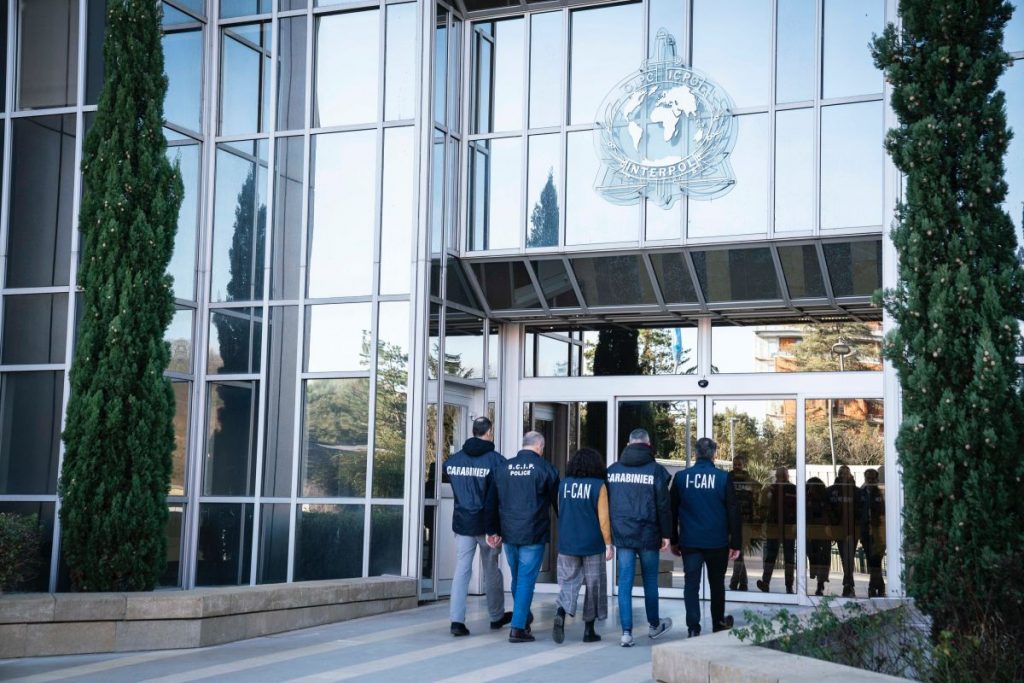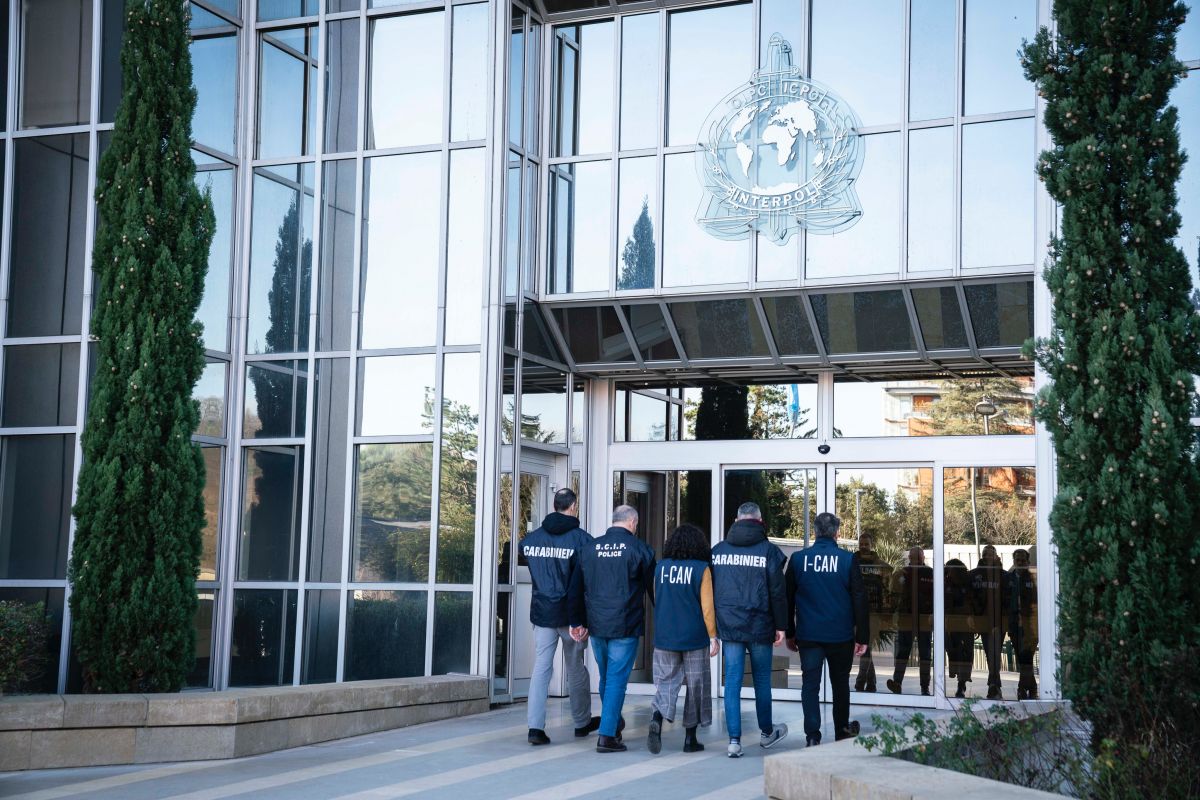
Interpol has announced that it is looking into the possibility of enforcing the law against criminal activities in the metaverse, as offenders have begun targeting users on virtual world platforms.
The International Criminal Police Organization has also established its own virtual reality platform for training and virtual meetings.
Jurgen Stock, the Secretary General of Interpol, shared with BBC how the international law enforcement agency is exploring ways to enforce the law in the metaverse. Interpol has created a virtual environment accessible only through secure servers, allowing law enforcement officers to experience and understand the potential of the metaverse. This includes the types of crimes that could occur and how they can be addressed.
“Criminals are sophisticated and professional in very quickly adapting to any new technological tool that is available to commit crime. We need to sufficiently respond to that. Sometimes lawmakers, police, and our societies are running a little bit behind,”
Stock told BBC.
Possible criminal activities that could occur in the metaverse include offenses against minors, theft of data, money laundering, financial scams, counterfeiting, ransomware attacks, phishing scams, and sexual assault and harassment. Interpol’s executive director of technology and innovation, Madan Oberoi, warns that it’s unclear whether some activities in the metaverse qualify as crimes. For instance, it’s difficult to define sexual harassment or misconduct in the metaverse using physical space definitions. Interpol also faces challenges in raising awareness of potential metaverse crimes and aims to educate law enforcement personnel to detect and respond to illicit activities in the metaverse.
Interpol has already established its presence in the metaverse. The World Economic Forum, Microsoft, and Accenture have launched a metaverse space called Global Collaboration Village. Interpol is the partner of the initiative, which aims to ensure the platform’s safety. However, the metaverse is still in its very early stage, so how important is Interpol currently in the virtual world? Furthermore, does the police agency’s role make sense in the decentralized metaverse?
Arseny Myakotnikov, co-founder and CMO of Metadrive, told Metaverse Post that most of the violations mentioned by Interpol couldn’t be committed at the current stage of metaverse technology development. Besides, Interpol’s idea might only work with centralized metaverses.
“This initiative goes against the concept of decentralization and, in my opinion, will not be accepted by the community. Each metaverse must exist as a separate digital universe, where investors would be able to set their own rules and regulations based on the weight of their votes through decentralized voting within the project’s DAO,”
Myakotnikov shared his opinion.
Alex Kim, Chief Monetization Officer at Sensorium, shared with Metverse Post that discussing metaverse regulations is a good step towards making digital environments safe.
“We have to make sure all users have access to experiences and activities that remain within the parameters of legality, in no way different from what takes place in the real world. However, a balance must be struck. After all, the metaverse is being envisioned as a decentralized space no central authority has control over. This begs the question of who exactly should be tasked with monitoring the metaverse – and what powers this entity would have,”
Kim said.
Read More: mpost.io









 USDa
USDa  Gas
Gas  SwissBorg
SwissBorg  AgentFun.AI
AgentFun.AI  CHEX Token
CHEX Token  OriginTrail
OriginTrail  Tradable NA Rent Financing Platform SSTN
Tradable NA Rent Financing Platform SSTN  VeThor
VeThor  Nervos Network
Nervos Network  Wrapped Ether (Mantle Bridge)
Wrapped Ether (Mantle Bridge)  Animecoin
Animecoin  Mask Network
Mask Network  Solana Swap
Solana Swap  Siacoin
Siacoin  Tribe
Tribe  CoW Protocol
CoW Protocol  ORDI
ORDI  Elixir deUSD
Elixir deUSD  Celo
Celo  Neiro
Neiro  yearn.finance
yearn.finance  Steakhouse USDC Morpho Vault
Steakhouse USDC Morpho Vault  Stargate Finance
Stargate Finance  Casper Network
Casper Network  WEMIX
WEMIX  GoMining Token
GoMining Token  Holo
Holo  Harmony
Harmony  Qubic
Qubic  Launch Coin on Believe
Launch Coin on Believe  Echelon Prime
Echelon Prime  aixbt by Virtuals
aixbt by Virtuals  Binance-Peg SOL
Binance-Peg SOL  CoinEx
CoinEx  aelf
aelf  Aster Staked BNB
Aster Staked BNB  Polymesh
Polymesh  Horizen
Horizen  Blockchain Capital
Blockchain Capital  Ankr Network
Ankr Network  UXLINK
UXLINK  SKOR AI
SKOR AI  Chia
Chia  crvUSD
crvUSD  GMX
GMX  Solayer
Solayer  Fluid
Fluid